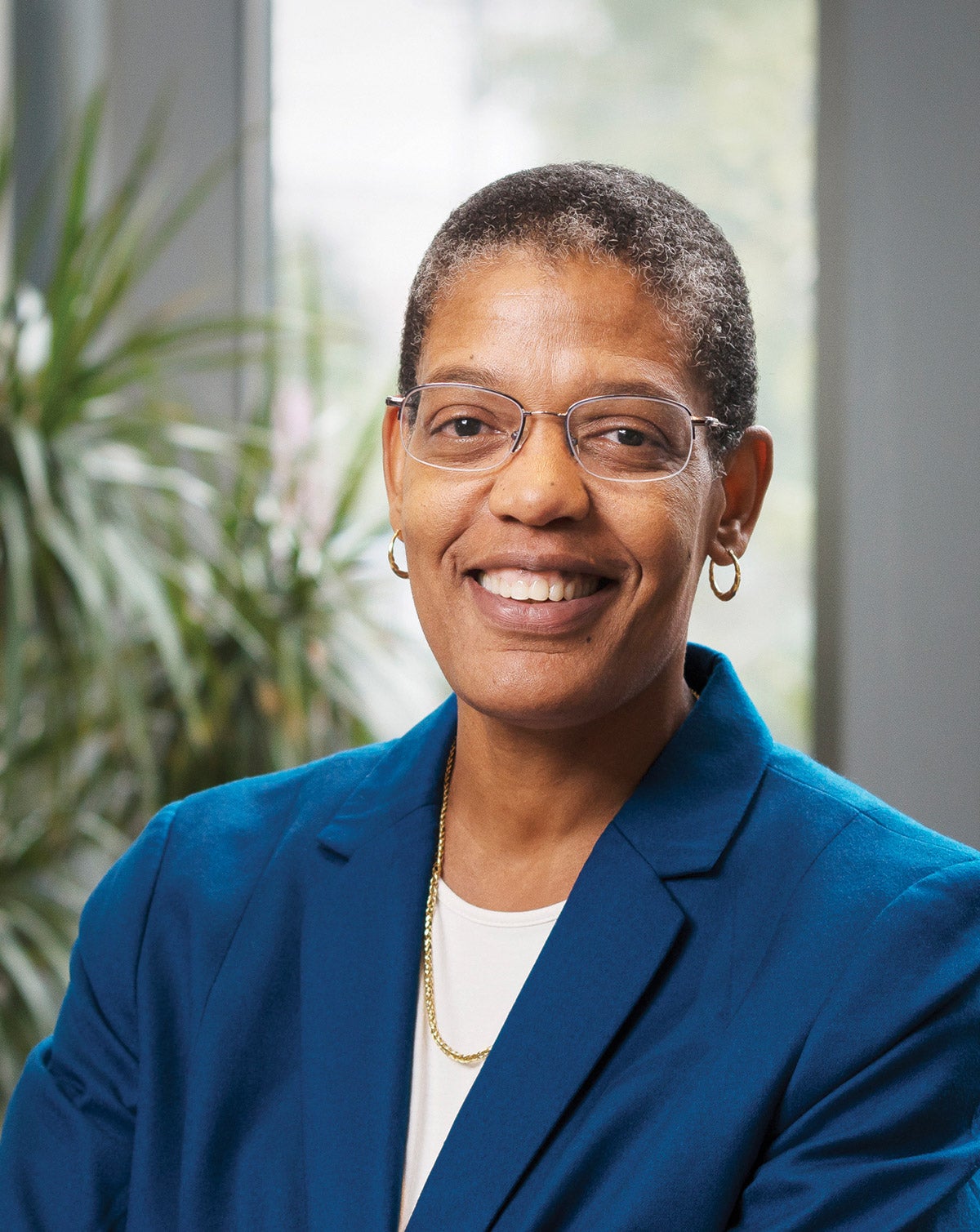
Words can’t encompass the tragedy that has unreeled before our eyes. Nor can statistics fully convey the brutal human toll of the novel coronavirus that has swept the world. Still, we need honest words and accurate numbers to find our way forward.
Life in the midst of the COVID-19 pandemic has been a public health revelation. One of the truths I have taken away from this calamity is that we must never again, in politics or culture, back down from science. In every aspect of life, but especially in the realm of public health, we can’t let polarized positions overshadow scientific facts.
The coronavirus pandemic also reminds us of our common humanity.
As the lethal infection raced around the globe, countless stories emerged of disparate communities joining together, of boundaries breaking down, of strange bedfellows making common cause against the threat.
For me, some of the most heartening acknowledgments of this interdependence have been the public-private partnerships that have sprung up to confront the virus—filling the urgent need for face masks, ventilators, screening tests and testing sites, new spaces for clinical care, online information portals, and pharmaceutical research.
I have long advocated that public health join forces with private industry, which creates a multiplier effect toward the goals of health promotion and disease prevention. This issue of Harvard Public Health features, among other initiatives, the Apple Women’s Health Study, an innovative collaboration among academics, government, and Apple Inc. that will explore the long-neglected topic of women’s menstrual cycles. Another feature looks at the Better Evidence program, a fruitful partnership between Ariadne Labs and Wolters Kluwer, a global information services company that publishes the evidence-based clinical resource UpToDate and has donated that critical trove of information to resource-poor nations.
Public-private partnerships don’t just center on technology and tools—they also are about relationships, mutual understanding, and trust. Ariadne’s Julie Rosenberg, the Better Evidence program’s assistant director, eloquently justifies such collaborations: “In any corporate social responsibility project, there are going to be benefits to a company. Otherwise, why would they do it? But that’s not the worst thing in the world,” she says. “Global health is not a zero-sum game. Benefits to one partner need not come at the expense of another.”
In this unprecedented crisis, every voice counts. And we need to remember that every successful public health battle has ultimately brought people together. This is public health’s moment of truth.
Michelle A. Williams, ScD ’91
Dean of the Faculty, Harvard T.H. Chan School of Public Health Angelopoulos Professor in Public Health and International Development, Harvard T.H. Chan School of Public Health and Harvard Kennedy School







